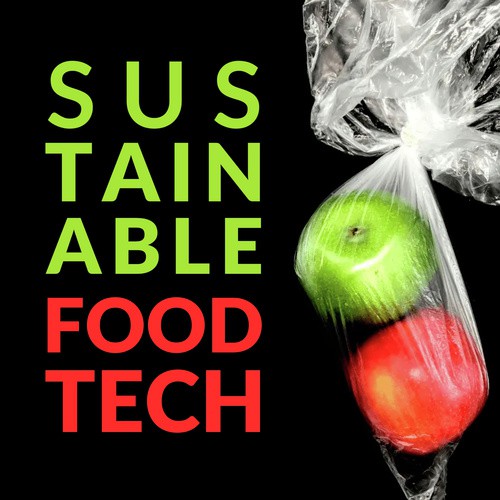
5.4. How the butter lobby made margarine pink and illegal and spread smear campaigns ️♀️ claiming it includes stray cats and arsenic - food history for the future
Red to Green Food Tech ♻️ Future of Food | Cultured Meat | Food Waste | Biotechnology
Episode · 1 Play
Episode · 1 Play · 14:37 · Jul 6, 2022
About
How politicians were buttered up to make margarine selling illegal, how the spread ended up in some dirty smear campaigns and how Margarine changed colors from white to bright pink to our known buttery yellow. Red to Green is a podcast focused on the future of food and food sustainability. We cover topics like cellular agriculture, cultured meat, food waste, food packaging, and more. More info and links to resources on https://redtogreen.solutions/   For sponsorships, collaborations, volunteering, or feedback write Marina at change@redtogreen.solutions Please leave a review on iTunes https://podcasts.apple.com/de/podcast/red-to-green-food-sustainability/id1511303510 Thanks to our partners of this season Food Labs: Food Labs is a leading European VC and company builder in food, health & sustainability. They cover the entire value chain – from ag-tech, alternative proteins, water supply, food security, decentralized food production, vertical farming, to food waste and carbon reduction. https://foodlabs.de/ In 1866, French emperor Napoleon III. was considering the fact that no war can be won without strong and healthy soldiers. As an energy source, the French army was relying on nutritious butter, among other things. But butter had the disadvantage of being expensive and turning rancid quite quickly in a time without cooling facilities. So that year, the Emperor offered a reward of 100.000 Goldfranc to anyone who could come up with a suitable, cheap replacement. Three years later, a chemist Mège-Mouriès presented the solution: A mixture of beef fat, salt, sulfate of soda, gastric juices of a pig, and a little cream, all heated and mixed into a butter-like substance. At first, he dubbed his invention “beurre économique”, the cheap butter, but changed his mind. He renamed the mixture “oleomargarine”, from the Latin “oleum”, meaning beef fat, and the Greek “margaron”, meaning pearl, because of its pearly shine. That name was later shortened to “margarine”. Mège-Mouriès invention had the texture of a jelly, but at least it tasted like butter and won him Napoleon´s prize. The product didn´t really take off, though. In 1871, Mège-Mouriès sold the patent to a Dutch company called Jurgens which eventually became part of Unilever, still one of the leading manufacturers of margarine to this day.
14m 37s · Jul 6, 2022
© 2022 Spreaker (OG)